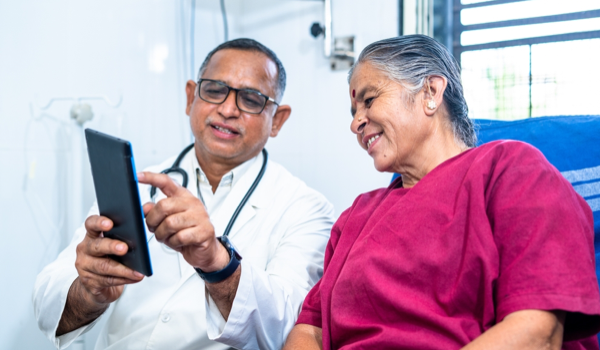

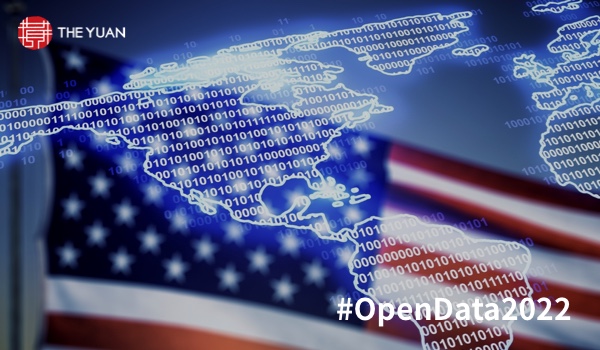
BELMONT, MASSACHUSETTS - A typical hospitalization generates approximately 150,000 discrete pieces of data. Researchers deposited 4.5 petabytes (4.5 million gigabytes) of data into the US National Cancer Institute's Genomic Data Commons during its first year of existence from 2016 to 2017. It is estimated that in 2020, more than 30 million people across the world had access to their genomic data, with 2 to 40 billion gigabytes of new data being generated every year.
Healthcare data are growing by leaps and bounds, but an increase in their quantity does not necessarily lead to a correspondingly vast improvement in medical knowledge, since they are often limited in their scope, effectiveness, and utility.
The Genomic Data Commons is an example of a number of efforts in the US, mostly over the last decade or so, to share healthcare data among researchers. These typically focus on very specific areas of healthcare research and practice, but a notable exception is the ‘All of Us’ Research Program launched by the US National Institutes of Health in 2018. In this project, the aim is to get one million people across the US to help develop a diverse health database, the first of its kind in the US.
Outside the US, the digitization of medical records, which began more than 20 years ago in some places, has created many country-specific databases where anonymized data is used by researchers to advance medical practice. In contrast, the collection and sharing of healthcare data in the US reflects its very decentralized, scattered - one could even say balkanized - healthcare system.
The decentralized nature of the US healthcare system is exacerbated by its relatively slow adoption of information technology (IT) and its resistance to digitalization. For many years, many large hospitals and medical centers have followed the ‘academic’ model of IT appropriation, i.e., department by department. This has led to
The content herein is subject to copyright by The Yuan. All rights reserved. The content of the services is owned or licensed to The Yuan. Such content from The Yuan may be shared and reprinted but must clearly identify The Yuan as its original source. Content from a third-party copyright holder identified in the copyright notice contained in such third party’s content appearing in The Yuan must likewise be clearly labeled as such. Continue with Linkedin
Continue with Linkedin
 Continue with Google
Continue with Google
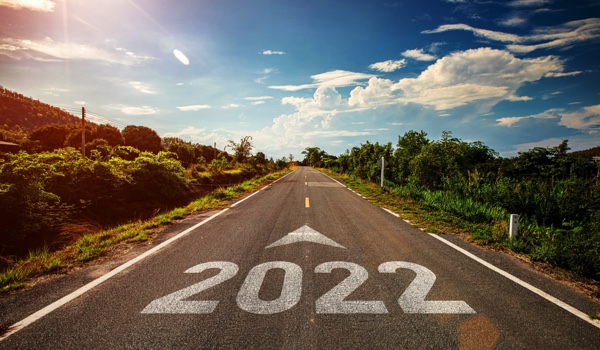


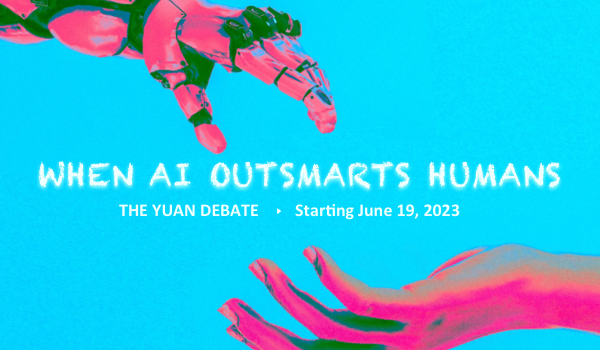
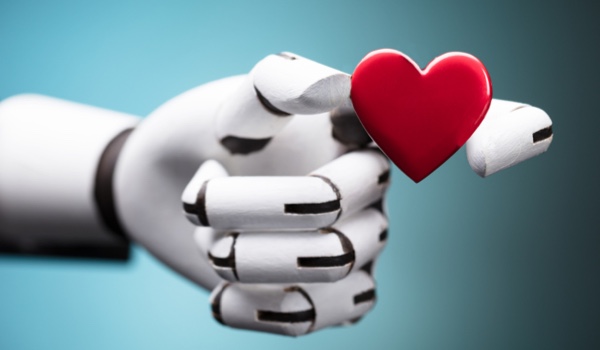







 2129 views
2129 views
